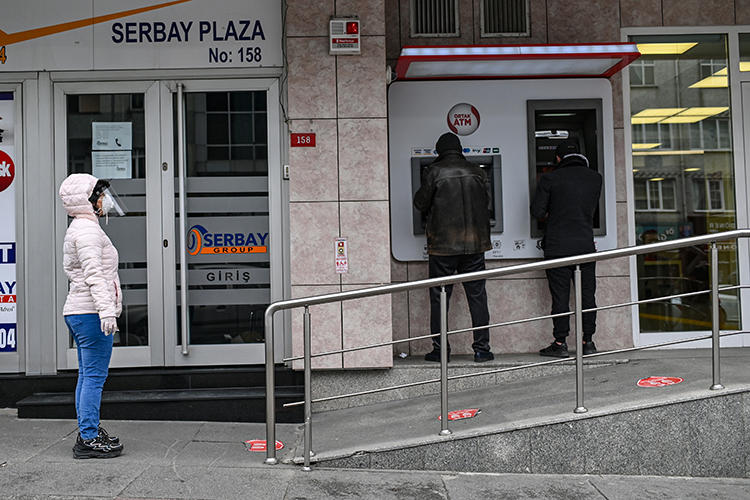Istanbul, May 11, 2020 — Turkish authorities should revise a recently passed financial regulation to ensure that it cannot be used against journalists, the Committee to Protect Journalists said today.
On May 7, Turkish authorities ratified a new banking regulation that imposes fines for disseminating information that “would damage the financial system and lead to systemic risks due to the loss of trust in the financial system” or which “keeps the price … [of a] financial instrument at an abnormal or artificial level or that [gives a] false and misleading impression regarding the supply, demand, or price of the same instrument,” according to the text of the regulation, posted in Turkey’s Official Gazette.
Ümit Akçay, an economics columnist at the news website Gazete Duvar and associate professor at the Berlin School of Economics and Law, told CPJ via messaging app that the regulation may prompt journalists who cover economic issues to self-censor for fear of being fined.
“The ambiguity in Turkey’s new banking regulations, along with the arbitrary nature of deciding what reports may be harmful to the country’s banking system, threaten independent reporting on the country’s economy,” said Gulnoza Said, CPJ’s Europe and Central Asia program coordinator, in New York. “Turkish authorities should revise the regulations and ensure that journalists covering matters of ecnomics and finance can do so freely and without fear of retaliation.”
Veysel Ok, a lawyer and co-director of the Media and Law Studies Association, a local nongovernmental advocacy group, told CPJ via messaging app that while the regulation does not specifically mention journalists, “the regulation has some open ended terms, therefore we cannot say that journalists would not be affected with a 100% [certainty].”
Last June, Turkish authorities charged two Bloomberg journalists for allegedly undermining the nation’s economy in their reporting, as CPJ documented at the time. The journalists face up to five years in jail if convicted, according to that report.
CPJ emailed the Turkish treasury and finance counsellor at the country’s U.S. embassy for comment, but did not receive any reply.
